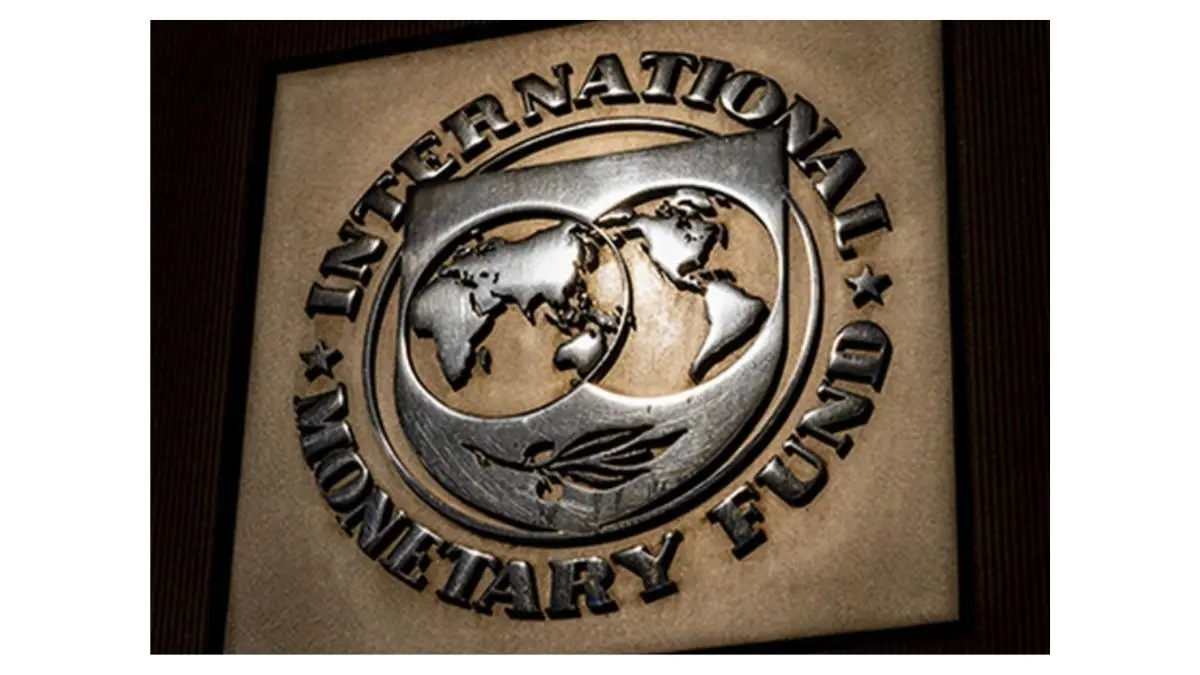Updated 9 May 2025 at 22:58 IST
India Declines Vote On IMF's $2.3 Billion Loan To Pakistan As It Is 'Too Big' A Debtor
India in an Executive Board meeting with the International Monetary Fund (IMF) on Friday raised concerns over IMF's loan for neighbouring country Pakistan.
- Republic Business
- 2 min read

India in an Executive Board meeting with the International Monetary Fund (IMF) on Friday raised concerns over IMF's loan for neighbouring country Pakistan.
What Were IMF's Lending Programs?
IMF's Extended Fund Facility (EFF) lending program (worth $1 billion) and a fresh Resilience and Sustainability Facility (RSF) lending program (worth $1.3 billion) for Pakistan has been considered and India has declared its stance on the matter as an active and responsible member country of the IMF, raising "concerns over the efficacy of IMF programs in case of Pakistan given its poor track record, and also on the possibility of misuse of debt financing funds for state sponsored cross border terrorism," the Central Government said in a statement.
Why Did India Decline Its Vote?
While declining its vote, India said that Pakistan has been a prolonged borrower from the IMF, with a very poor track record of implementation and of adherence to the IMF’s program conditions.
In the 35 years since 1989, Pakistan has had disbursements from the IMF in 28 years. In the last 5 years since 2019, there have been 4 IMF programs.
Advertisement
As per the Indian stance, had the previous programs succeeded in putting in place a sound macroeconomic policy environment, Pakistan would not have approached the Fund for yet another bailout program.
"India pointed out that such a track record calls into question either the effectiveness of the IMF program designs in case of Pakistan or their monitoring or their implementation by Pakistan," the statement added.
Advertisement
Further India also pointed out the extensive involvement of Pakistan's military in economic matters significantly threatens policy implementation and reform sustainability.
India added that despite civilian leadership being in power, the military maintains substantial influence over both political landscape and economic decisions.
Further, a United Nations report from 2021 identified military-affiliated enterprises as the "largest conglomerate in Pakistan."
The scenario is now far more intense as the army is now occupying a central position in Pakistan's Special Investment Facilitation Council, it added.
Many other members also expressed their apprehensions regarding supporting Pakistan financially, due to the possible misallocation of funds towards military activities and state-backed terrorism.
Published By : Sagarika Chakraborty
Published On: 9 May 2025 at 22:25 IST
